What Are Closing Costs?
When buying or selling a home, there are several expenses that you will need to consider, including closing costs. Closing costs refer to the fees and expenses associated with finalizing a real estate transaction. These costs can vary depending on several factors, including the location of the property, the purchase price, and the type of loan used. In this blog, we will discuss some common real estate closing costs and what you need to know about them.
Loan fees:
If you are obtaining a mortgage to purchase the property, there will be several loan fees associated with the loan. These fees can include an application fee, loan origination fee, underwriting fee, and appraisal fee. These fees can add up quickly and can range from 2% to 5% of the total loan amount.
Title insurance:
Title insurance protects the lender and the buyer against any defects in the title of the property. This insurance ensures that the property has a clear title and that there are no liens or other claims against it. The cost of title insurance can vary depending on the location of the property and the purchase price.
Property taxes:
When you purchase a property, you will need to pay the property taxes for the remainder of the year. The amount of property taxes you will owe will depend on the location of the property and the assessed value of the property.
Homeowners insurance:
Lenders require that you purchase homeowners insurance to protect their investment in the property. The cost of homeowners insurance can vary depending on the location of the property and the coverage you choose.
Escrow fees:
Escrow fees are paid to the escrow company that handles the transaction. These fees cover the cost of processing the paperwork and handling the funds during the transaction. The cost of escrow fees can vary depending on the location of the property and the purchase price.
Attorney fees:
In some states, an attorney is required to be present at the closing to review and finalize the transaction. Attorney fees can vary depending on the location of the property and the attorney's hourly rate.
In conclusion, real estate closing costs can add up quickly and can be a significant expense for buyers and sellers. By understanding the common closing costs and what to expect, you can better prepare for the expenses associated with buying or selling a property. It's important to work with an experienced real estate agent and lender to ensure that you understand all of the costs associated with the transaction and are prepared to pay them at closing.
